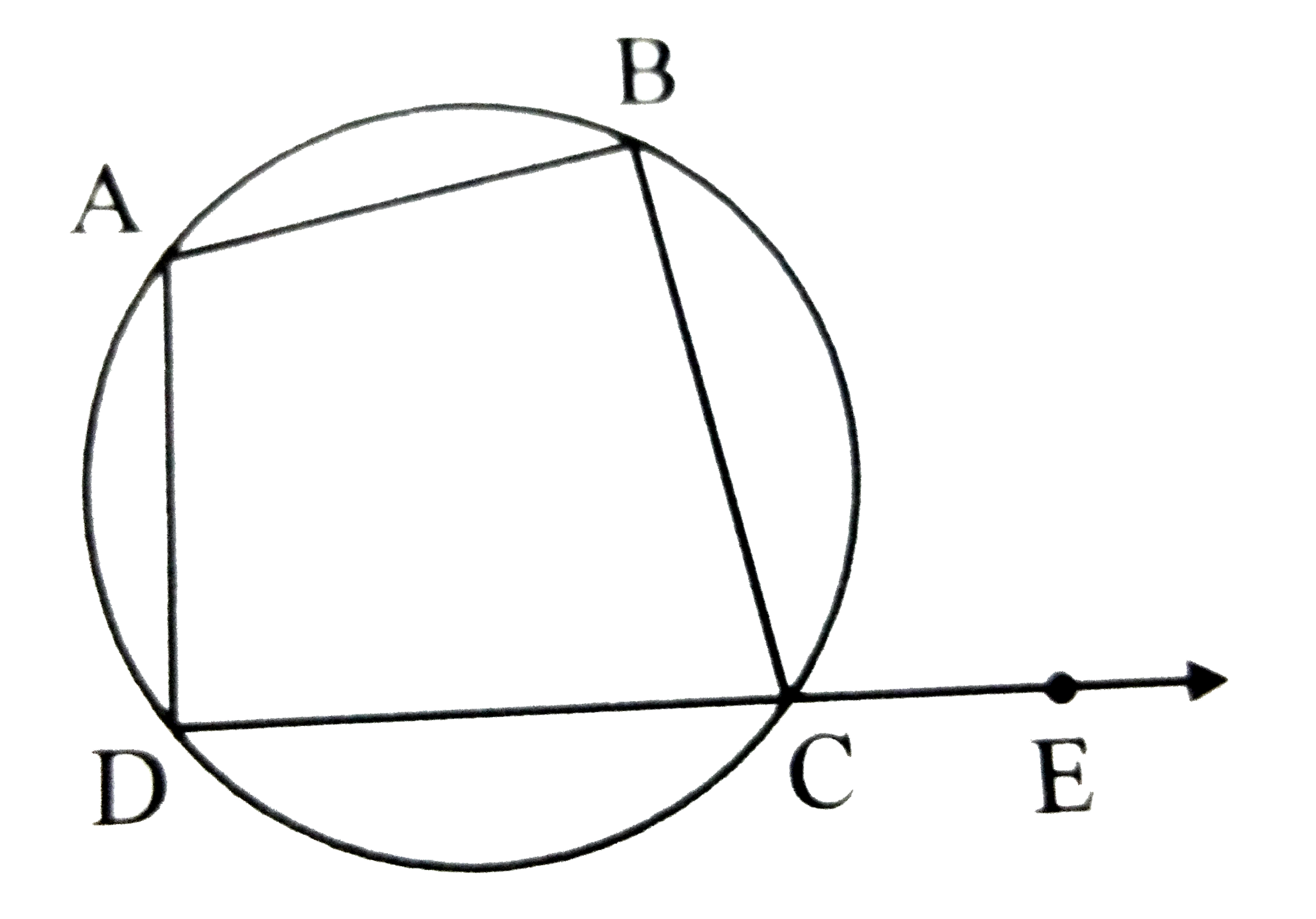Which of the following is not always true ?
A
(p⇒q)≡~q⇒~p
B
(p∨q)≡~p∧~q
C
p⇒q≡p∧q
D
~(p∧q)≡~p∨~q
Video Solution
Text Solution
The correct Answer is:C
∵p⇒q≡~p∨q
So, option (c ) is not always true.
|
Topper's Solved these Questions
- MATHEMATICAL LOGIC Book:MHTCET PREVIOUS YEAR PAPERS AND PRACTICE PAPERSChapter:MATHEMATICAL LOGIC Exercise:MHT CET CORNER
Explore 22 Videos
- MATHEMATICAL LOGIC Book:MHTCET PREVIOUS YEAR PAPERS AND PRACTICE PAPERSChapter:MATHEMATICAL LOGIC Exercise:MHT CET CORNER
Explore 22 Videos
- Linear Programming Book:MHTCET PREVIOUS YEAR PAPERS AND PRACTICE PAPERSChapter:Linear Programming Exercise:MHT CET Corner
Explore 13 Videos
- MATRICESBook:MHTCET PREVIOUS YEAR PAPERS AND PRACTICE PAPERSChapter:MATRICESExercise:MHT CET CORNER
Explore 18 Videos
Similar Questions
Knowledge Check
If a≠0 and the equation ax2+bx+c=0 has two roots αandβ such that α≤−3andβ>2, which of the following is always true ?
Aa(a+|b|+c)>0Ba(a+|b|+c)<0C9a−3b+c>0D(9a−3b+c)(4a+2b+c)<0For (2n+1) observations x1,x2,−x2,..,xn,−xn and 0, where all x's are distinct, let SD and MD denote the standard deviation and median, respectively. Then which of the following is always true ?
ASD<MDBSD>MDCSD=MDDNothing can be said in general about the relationship between SD and MDWhich of the following is always true ?
A(p→q)≅(~q→~p)B~(p∨q)≅(~p∨~q)C~(p→q)≅(p∨~q)D~(p∧q)≅(~p∧~q)
Which of the following is always true for a spontaneous process
View SolutionIf quadratic equation ax2+2bx+4c=0 has no solution, then which of the following is always true
View SolutionFor a spontaneous process, which of the following is always true?
View SolutionWhich of the following is always true?
View SolutionWhich of the following is always true for a reaction
View Solution


